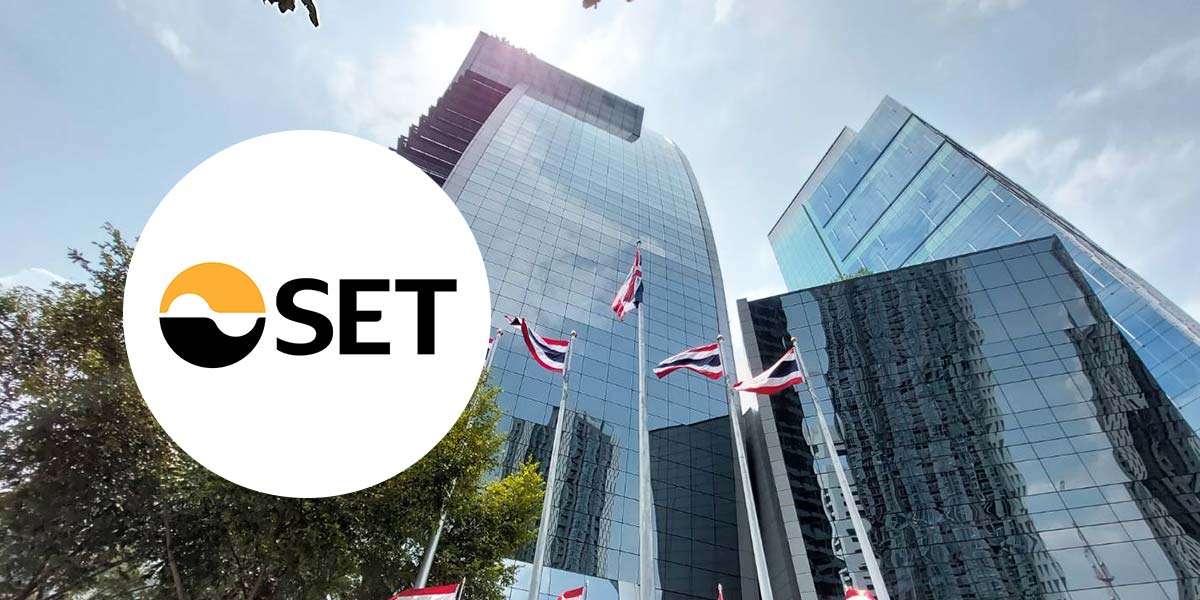Professor Kitipong Urapeepatanapong, Chairman of the Stock Exchange of Thailand (SET), stated that on the occasion of the exchange’s 50th anniversary, the organization’s primary goal is to build a strong and sustainable Thai capital market—one that benefits all stakeholders at both the social and national levels.
Professor Kitipong advised investors to exercise discretion and rely on accurate information provided by SET, cautioning against believing rumors or fake news. In this era, fake information is widespread and may confuse investors, he said.
Professor Kitipong emphasized SET’s commitment to being an intermediary that distributes news and information promptly and equally. He also acknowledged that the capital market is currently grappling with significant negative factors both domestically and internationally—particularly political issues.
Professor Kitipong urged investors to remain confident in the stocks they hold, to make well-informed decisions, and not to overextend themselves, warning against borrowing to invest in volatile times unless they have sufficient capital to absorb risks. Investing in both local and foreign stocks with strong returns is a strategy worth considering.
Asadej Kongsiri, President of SET, added that short-term policy will focus on “creating opportunities” and strengthening market fundamentals to spur growth and restore investor optimism. He highlighted investment tools such as DRs (Depositary Receipts), which allow domestic investors to access foreign equity markets, and affirmed SET’s continuous efforts to introduce new financial instruments.
Asadej encouraged investors to study and analyze the diverse range of investment products available in the Thai market—including mutual funds, ETFs, and both local and global equities—so they can select suitable options and optimally diversify risk, especially during periods of high volatility.
Regarding the outlook for Thailand’s economy, Assetdej acknowledged near-term challenges and volatility (such as lower-than-expected GDP growth), but stressed that every challenge presents new opportunities as well as new risks.
He underscored the importance of driving the growth of businesses listed on the SET, making them attractive to domestic and international investors once more.
In the future, it will be essential to find new approaches and a greater variety of tools so that investors of all ages and risk profiles can invest appropriately for themselves, Assetdej said.
He also noted the recent launch of the JUMP+ project, aimed at accelerating the growth and potential of Thailand’s capital market. A key factor in revitalizing the market and “turning shares green again” is ensuring that Thai listed companies experience quality growth, harnessing their potential and attractiveness to draw both domestic and global investment.
The Thai capital market currently offers a wide variety of investment tools, from stocks and mutual funds to ETFs and international investments. Investors simply need to conduct thorough analysis. In times of high volatility, the market demands closer monitoring; the old strategy of buy-and-hold may no longer suffice. Nevertheless, adhering to a long-term investment approach remains viable, provided risks are well-diversified and thorough research is conducted, Assetdej concluded.





